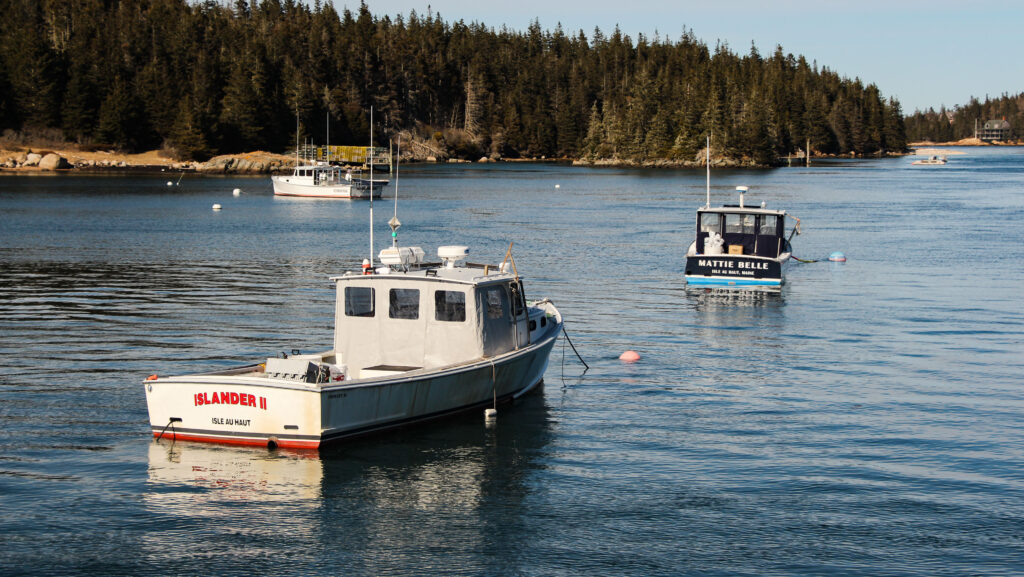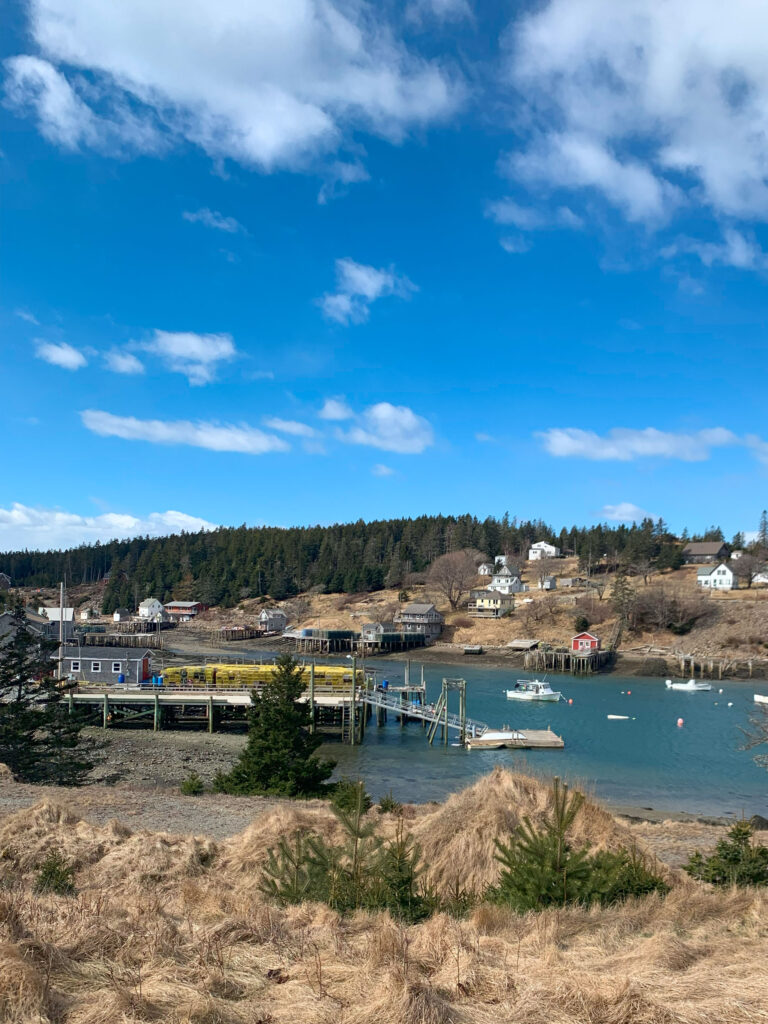
Few of us give a second thought to the water that comes from our taps, but some Mainers have water that may be contaminated. Unsafe levels of heavy metals, arsenic or PFAS are often in our drinking water because of our reliance on wells. According to the Maine Geological Survey, around 40% of Mainers rely on private wells and unlike public drinking water, these wells do not need to be tested for chemicals. Because of this, some communities are unsure if the water they are drinking is safe and how to fix the problem. Now, the Mission is collaborating with the MDI Biological Laboratory and an Island Institute Fellow to empower island residents to test drinking water and what mitigation measures might be possible to ensure water safety.
Jane E. Disney, the MDI Bio Lab’s Associate Professor of Environmental Health began the lab’s All About Arsenic + and Healthy Water/Healthy Aging programs to help provide access to water testing for older Mainers and to understand the relationship between aging and exposure to chemicals in drinking water. Disney is now working to expand the scope of the project to include island residents. “This partnership with the Mission gives us a unique way to engage with islanders of all ages who want to know more what is in their drinking water, whether it might be contaminated, and what to do about that,” she says.
Many island residents already know that the water they drink might be contaminated according to the Mission’s Director of Island Services Douglas Cornman.

“Over the course of my visiting and talking with islanders over the past eight years, I have noticed or been told about the lengths some islanders go to assure safe drinking water,” he explains. “Some islanders rely on neighbors who have safe water to bottle, some have purchased expensive filtration systems, others tell me that they have never tested and do not want to know, while others know that their water is unsafe and cannot access the resources to do anything about it.”
Through the partnership with the MDI Bio Lab, the Mission hopes to break down any barriers that are keeping residents from having their water tested as well as helping them identify how they can mitigate the issue.
Working with Island Fellow Morgan Karns from Island Institute, Douglas, Margaret Snell, Island Services Program Coordinator, and the Sunbeam crew will meet with island residents to let them know more about the program. Morgan already started meeting with islanders earlier this fall when the Sunbeam visited Matinicus, Isle au Haut, and the Cranberries to provide flu shots. “Dozens that we talked to said, ‘yes, I want to participate, please give me more materials and how can I get my water tested?’”
Soon, Morgan will begin to set up locations on each island where community members can pick up water testing kits and then drop them off once completed. In addition, students will be involved in this citizen science project, collecting water samples as part of the Lab’s National Institutes of Health Science Education Partnership Award.
Learn more about the Health Water, Healthy Aging program on Maine Islands and read more about the Mission’s partnership with the MDI Bio Lab.
